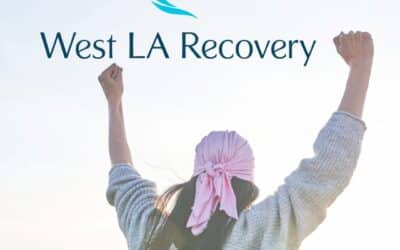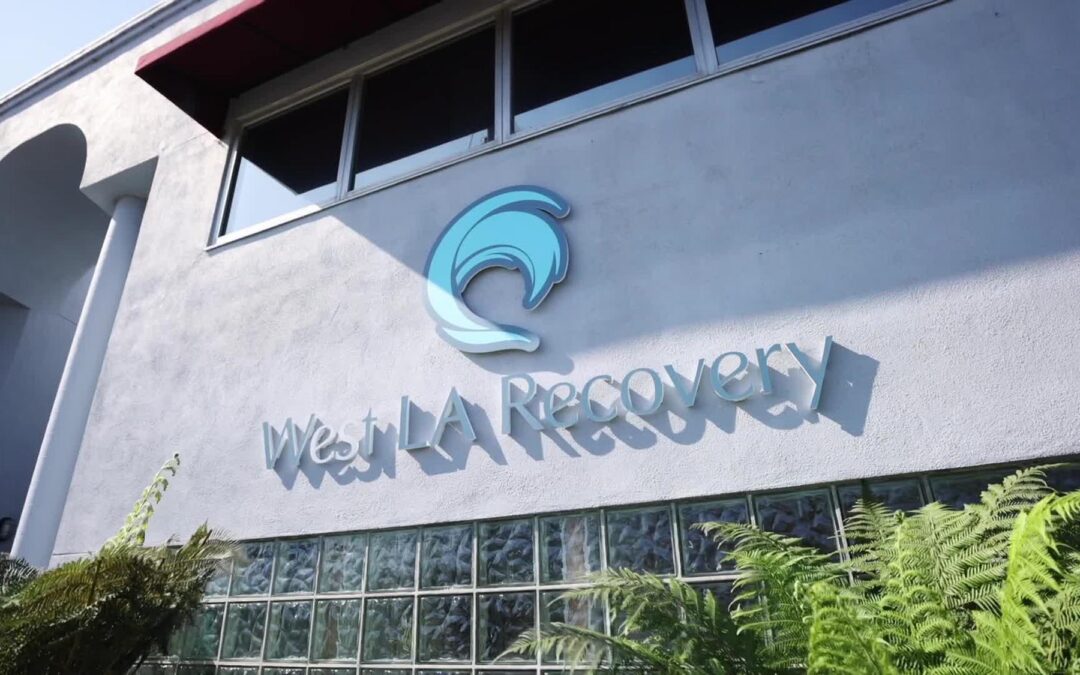Addiction and Personal Identity
Substance use disorders create a profound shift in how you view yourself. Your identity becomes intertwined with addiction, often overshadowing the core aspects of who you are. This transformation happens gradually – you might start defining yourself through the lens of substance use, letting it dictate your choices, relationships, and daily routines.
Many people struggling with addiction internalize negative labels:
- “I’m just an addict”
- “This is who I’ve always been”
- “I can’t change”
These self-imposed labels can create barriers to recovery and mask your authentic self. Understanding this dynamic is crucial – your relationship with substances doesn’t define your entire identity.
Reflecting on Your Relationship with Substances
Ask yourself:
- Who were you before substance use?
- What parts of yourself have remained constant?
- Which aspects of your identity feel lost?
Taking control of your narrative means recognizing substance use as an external factor rather than an inherent part of who you are. This perspective shift allows you to separate your core identity from addiction-driven behaviors.
Your identity isn’t fixed – it’s fluid and capable of transformation. Recognizing this distinction creates space for growth and healing, setting the foundation for a stronger sense of self in recovery.
Utilizing therapy can be a powerful tool in this journey, helping individuals reclaim their identity and navigate the complexities of addiction.
Finding My Identity in Sobriety

Recovery creates space for authentic self-discovery. Many people entering sobriety face a crucial question: Who am I without substances?
Building a new identity in recovery requires intentional exploration and self-reflection. You can start by:
- Identifying core values – What matters most to you now? Which principles do you want to live by?
- Exploring new interests – Try activities you couldn’t pursue while using substances
- Setting meaningful goals – Create achievable milestones that align with your values
- Developing healthy relationships – Connect with people who support your authentic self
Your self-perception shifts dramatically during recovery. Past labels and limiting beliefs start falling away, revealing your true potential. This transformation happens gradually as you:
- Practice self-compassion
- Acknowledge personal growth
- Celebrate small victories
- Accept imperfection as part of being human
Rebuilding your identity takes time. Focus on discovering what brings you joy, peace, and purpose. Each day in recovery offers opportunities to learn more about yourself and grow stronger in your sobriety journey.
To aid in this process, consider seeking professional help through recovery services that specialize in holistic therapy, which can provide you with the tools necessary for self-exploration and healing.
Remember that identity formation isn’t linear – you’ll experience breakthroughs and setbacks. Trust the process of becoming who you truly are without substances clouding your self-perception.
As you work on maintaining your sobriety, don’t hesitate to reach out for support or guidance by visiting our contact page.
Staying Sober for Long-Term Sobriety
Maintaining long-term sobriety requires a deep understanding of your personal motivations. Your reasons for staying sober might include:
- Rebuilding trust with loved ones
- Career growth and professional development
- Physical and mental health improvements
- Financial stability
- Personal growth and self-discovery
Recovery brings a complex mix of emotions and experiences. You might feel proud of your progress one day and struggle with self-doubt the next. This emotional complexity is a natural part of the healing process.
Self-forgiveness plays a crucial role in sustained sobriety. Consider these practices:
- Daily affirmations: “I am worthy of a healthy, sober life”
- Mindful reflection: Acknowledge past actions without judgment
- Gratitude journaling: Focus on positive changes in your life
- Self-compassion exercises: Treat yourself with the same kindness you’d offer others
Your identity in recovery continues to evolve. Some days you’ll feel strongly connected to your sober self, while other days might bring uncertainty. Remember that questioning who you are without substances is a sign of growth – you’re actively creating a new, authentic version of yourself.
Celebrate small victories in your sobriety journey. Each sober day strengthens your new identity and reinforces your commitment to long-term recovery. To ensure this commitment leads to lasting sobriety, it’s essential to establish strong relapse prevention strategies, which form a strong foundation for lasting sobriety.
Peer Support and Community Involvement in Recovery

Recovery thrives in connection. Peer support creates a powerful foundation for rebuilding your identity without substances. When you connect with others who share similar experiences, you gain valuable insights and perspectives that shape your recovery journey.
The Role of Peer Support Workers
Peer support workers bring unique value to your recovery process:
- They’ve walked a similar path and understand the complexities of addiction firsthand
- Their lived experience helps validate your struggles and achievements
- They serve as living proof that recovery is possible
- They can share practical strategies that worked in their own recovery
The Importance of Recovery Communities
Recovery communities offer essential elements for identity formation:
- Safe spaces to explore who you are without judgment
- Shared experiences that normalize your journey
- Accountability from people who understand your challenges
- Opportunities to help others, strengthening your own recovery
The Impact of Community Involvement
Your involvement in recovery communities creates ripple effects:
- Building meaningful connections reduces isolation
- Helping others reinforces your own recovery principles
- Regular participation establishes healthy routines
- Community engagement develops leadership skills
Discovering Yourself Through Peer Support
Active participation in peer support groups helps you discover new aspects of yourself. You might find hidden strengths, develop communication skills, or uncover passions you never knew existed. These discoveries become building blocks for your new identity in recovery. Utilizing the core competencies outlined by experts can further enhance the effectiveness of peer support, making it an even more powerful tool in your recovery journey.
Journaling as a Tool for Recovery and Identity Tracking
Journaling creates a powerful space for self-discovery during recovery. Your journal becomes a trusted companion, capturing thoughts, emotions, and milestones along your path to sobriety.
Key Benefits of Recovery Journaling:
- Track your daily emotional patterns
- Identify substance use triggers
- Document successful coping strategies
- Celebrate progress and achievements
- Process difficult emotions safely
Writing helps you reconnect with your authentic self beneath addiction. Through regular journaling, you’ll notice patterns in your behavior, thinking, and relationships that shape your evolving identity.
Effective Journaling Prompts:
- “Who was I before substances?”
- “What strengths have I discovered in recovery?”
- “How do I want others to see me now?”
- “What new habits align with my values?”
Your journal entries create a timeline of transformation. Reading past entries reminds you how far you’ve come and reinforces your commitment to growth. This written record helps separate your true identity from addiction-driven behaviors.
Start with 5-10 minutes of daily writing. Let your thoughts flow freely without judgment. Your journal is a private space to explore who you’re becoming in recovery.
Overcoming Challenges in Identity Redefinition During Recovery
Redefining your identity during recovery brings unique challenges that require specific strategies to overcome. Self-criticism can become a significant obstacle in your recovery journey, but you can learn to separate your true self from past substance use.
Breaking Free from Self-Criticism:
- Practice self-compassion through daily affirmations
- Recognize negative self-talk patterns and challenge them
- Celebrate small victories in your recovery journey
- Focus on present actions rather than past mistakes
Creating Distance Between Self and Substance Use:
- Use language that separates you from addiction (“I experienced addiction” vs. “I am an addict”)
- Identify personal values unrelated to substance use
- Develop new skills and hobbies that reflect your authentic interests
- Build relationships based on shared interests beyond recovery
Your identity exists independently of substance use. Think of recovery as an opportunity to discover – or rediscover – who you truly are. This process involves accepting that change is natural and that your identity can evolve positively over time.
Practical Steps for Identity Development:
- Create a list of personal strengths unrelated to substance use
- Set goals that align with your values
- Engage in activities that make you feel confident and capable
- Surround yourself with people who see beyond your past struggles
Remember that identity redefinition takes time and patience. Each step forward strengthens your understanding of who you are without substances.
Seeking Professional Help for Addiction and Identity Issues Near You
Your journey to rediscover yourself in recovery doesn’t have to be a solo endeavor. At West LA Recovery, we specialize in helping individuals navigate the complex relationship between addiction and personal identity. Our experienced team understands the unique challenges you face in the Los Angeles area.
We offer:
- Personalized recovery programs
- Identity exploration workshops
- Individual counseling sessions
- Group therapy support
Ready to start your transformation? Our addiction recovery center in West LA provides the tools and support you need to rebuild your identity and maintain lasting sobriety.
Take the first step today – reach out to our compassionate team at West LA Recovery. Your new chapter begins with a simple phone call or message.







